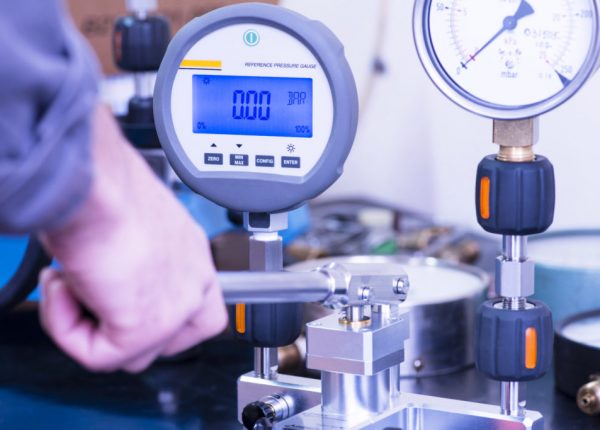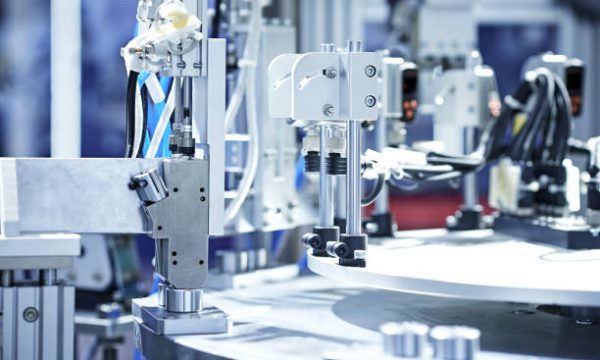Equipment calibration and testing are essential processes conducted to ensure the accuracy, reliability, and functionality of various types of equipment and instruments across different industries. Calibration involves comparing measurements of a device under test (DUT) with those of a known standard to detect and correct any deviations. This ensures that the equipment performs within specified tolerances and meets regulatory requirements.
In fields like manufacturing and engineering, equipment calibration is critical for maintaining quality control and ensuring that production processes are consistent and reliable. Precision instruments such as pressure gauges, thermometers, and torque wrenches require regular calibration to ensure accurate readings and reliable performance. This helps in meeting product specifications and maintaining customer satisfaction.
In laboratories and scientific research settings, calibration of analytical instruments such as spectrophotometers, balances, and chromatographs is essential for obtaining accurate experimental results.


